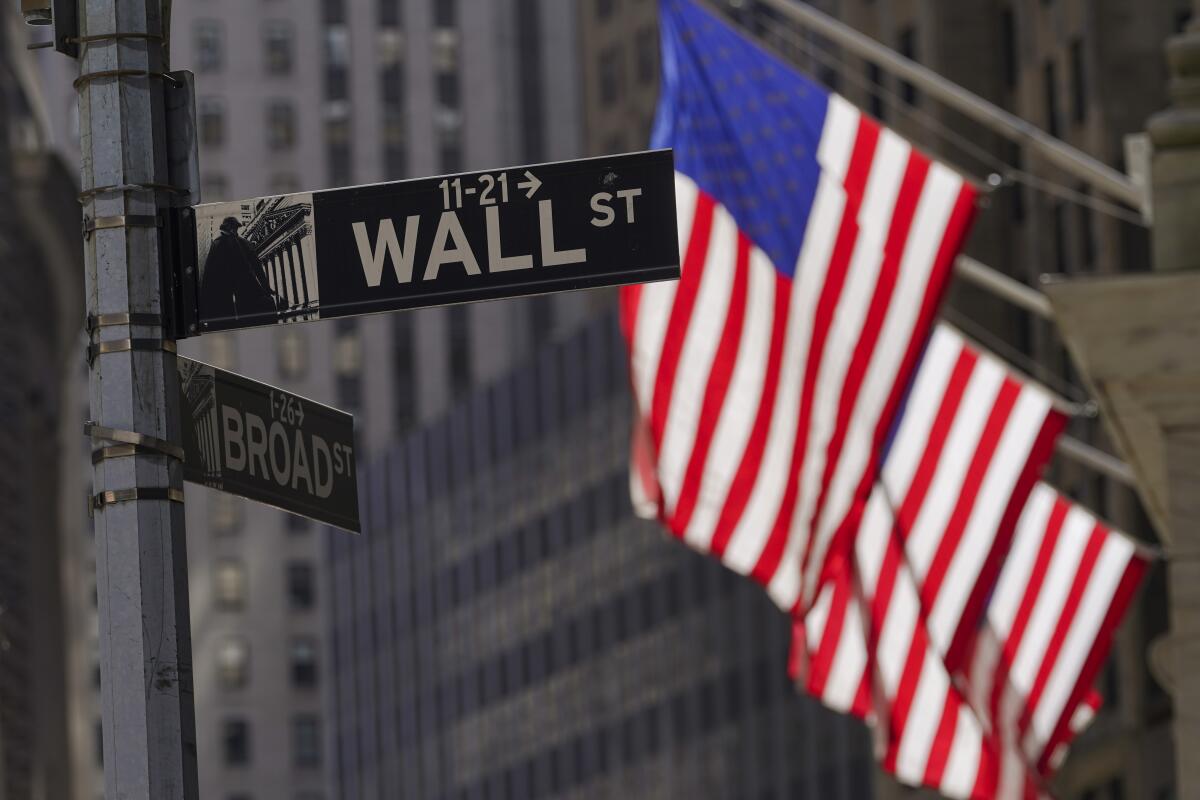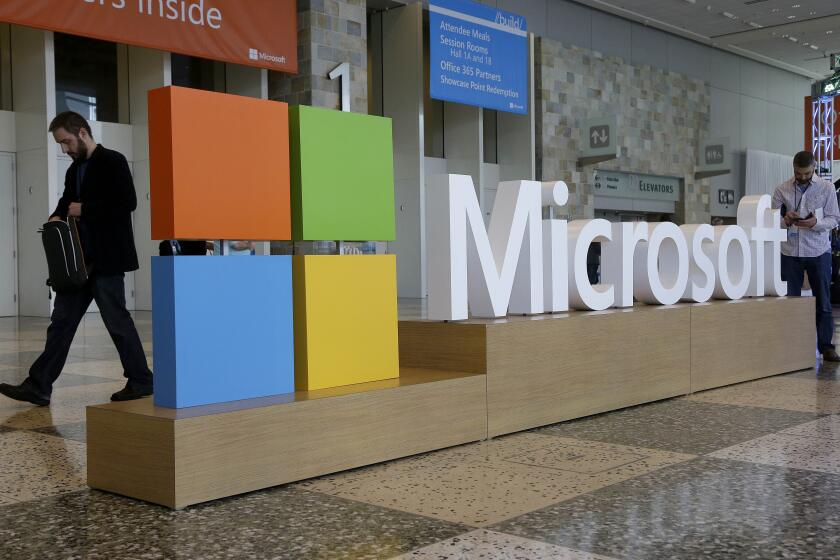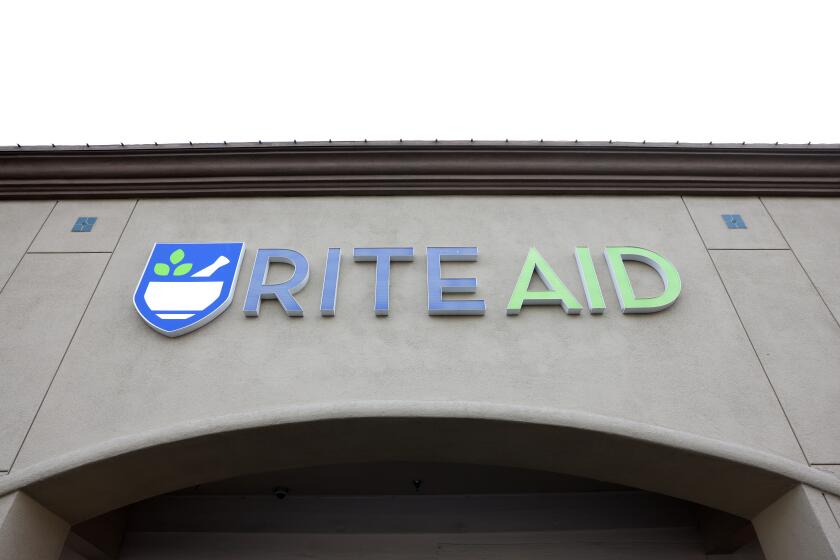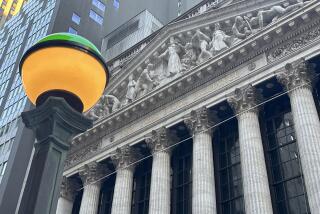Wall Street rises, and oil and gold fall as some of last week’s moves unwind

U.S. stocks rallied Monday as some of last week’s moves in financial markets driven by worries about war in the Middle East unwound.
The Standard & Poor’s 500 index rose 1.1% for its best day since the Oct. 7 surprise attack on Israel by Hamas. The Dow Jones industrial average gained 0.9%, and the Nasdaq composite jumped 1.2%.
Treasury yields also climbed after falling last week on worries that fighting in Gaza will escalate. Oil prices dropped after a shaky week spurred by worries about disruptions to supplies from Iran because of the war. And the price of gold slipped as last week’s flight toward safer investments waned.
Financial markets have a history of weakening initially after a geopolitical shock, such as a war, only to reassert themselves and eventually move with corporate profits, economic growth and other long-term fundamentals, said Mark Hackett, chief of investment research at Nationwide.
“Investors should remember that markets are very resilient, have endured countless wars, recessions, and depressions, and have rewarded long-term investors with a well-crafted financial plan,” he said.
Wall Street was on track for its first drop in three days as some investors look toward what’s hoped to be a better reporting season for corporate profits. More than 50 companies in the S&P 500 will announce results for the last quarter this week, including Bank of America, Johnson & Johnson and Tesla.
The Communications Workers of America said the blockbuster acquisition ‘will transform the video game and technology labor market.’
Charles Schwab rose 4.7% after it reported stronger profit for the three months through September than analysts expected.
The broad expectation is for companies in the S&P 500 to report their first overall growth in profit in a year. Last week, several banks helped kick off the reporting season with better-than-expected reports.
Even though the reporting season is just getting underway, analysts have already seen some encouraging signals.
Companies in the Russell 1000 index that have topped profit expectations are beating the rest of the market by a relatively high rate, said Lori Calvasina, head of U.S. equity strategy at RBC Capital Markets. However, she also notes that corporate executives are talking about how uncertainty around inflation and interest rates are weighing on spending.
Strategists at Bank of America, meanwhile, expect this reporting season to mark “the start of earnings recovery.” Companies usually report bigger profits than analysts are forecasting, and this quarter may see them beat by double the usual margin, Ohsung Kwon and Savita Subramanian said in a BofA Global Research report.
A remarkably resilient U.S. economy has continued to power along, despite much higher interest rates instituted by the Federal Reserve to undercut inflation. With employers still adding jobs and U.S. households continuing to spend, even if they’re becoming more discerning because of high inflation, earnings per share at S&P 500 companies probably rose 0.4% last quarter from a year earlier, according to FactSet.
Pharmacy chain Rite Aid says it has filed for bankruptcy as it carries out a restructuring plan in the wake of a settlement over opioid-related lawsuits.
On Wall Street, shares of Lululemon jumped 10.3% in its first trading after S&P Dow Jones Indices said the apparel company will join its widely tracked S&P 500 index. It’s replacing Activision Blizzard, which was bought by Microsoft.
Pfizer rose 3.6% after it announced a cost-cutting program that will save at least $1 billion in 2023. The pharmaceutical giant also said its COVID products will make $9 billion less in revenue this year than it earlier expected.
All told, the S&P 500 rose 45.85 points to 4,373.63. The Dow gained 314.25 points to 33,984.54, and the Nasdaq climbed 160.75 points to 13,567.98.
In the bond market, the yield on the 10-year Treasury rose to 4.71% from 4.62% late Friday.
A barrel of benchmark U.S. crude fell $1.03 to $86.66. It has been bouncing up and down since charging from $70 during the summer to more than $90 late last month.
Economists are preoccupied with making predictions about the future path of the U.S. economy, but keep getting fooled by the truth.
Brent crude, the international standard, dropped $1.24 to $89.65 a barrel.
Gold fell $7.20 to $1,934.30 an ounce. Last week was its best in nearly seven months as worries climbed ahead of a possible invasion by Israel of northern Gaza.
In stock markets abroad, indexes tumbled across much of Asia but rose modestly in Europe.
AP writer Elaine Kurtenbach contributed to this report.
More to Read
Inside the business of entertainment
The Wide Shot brings you news, analysis and insights on everything from streaming wars to production — and what it all means for the future.
You may occasionally receive promotional content from the Los Angeles Times.













